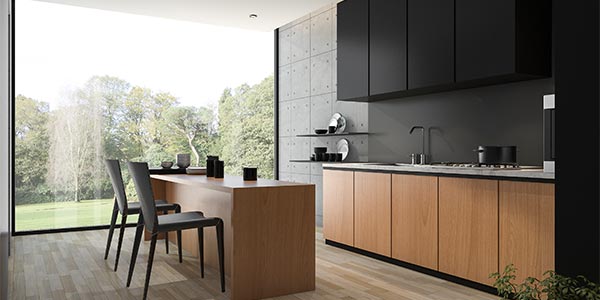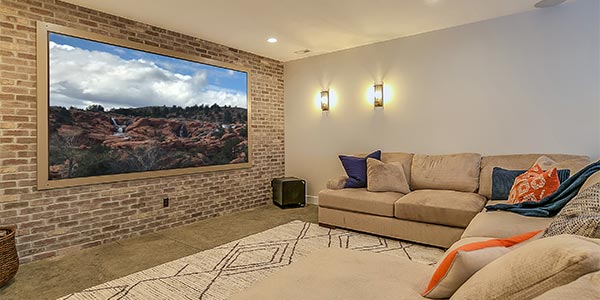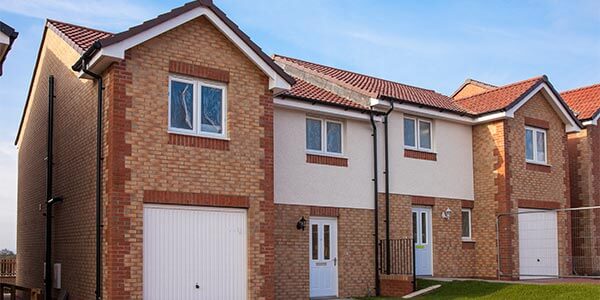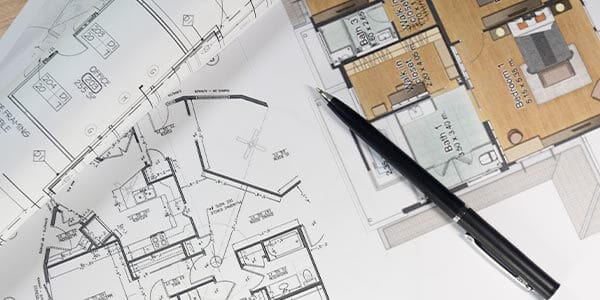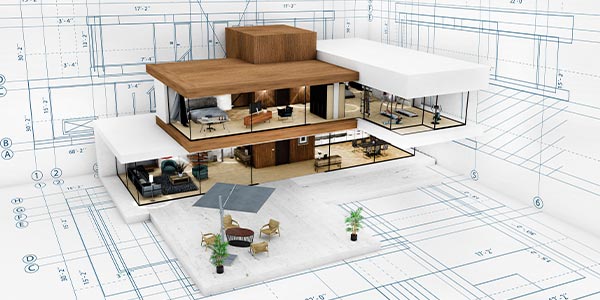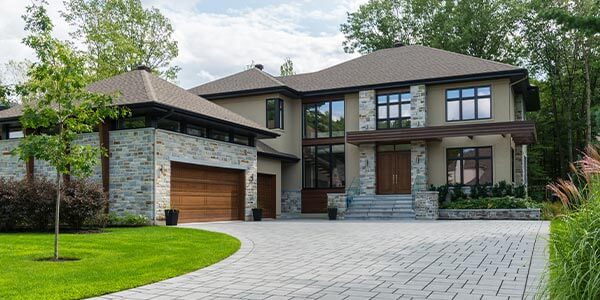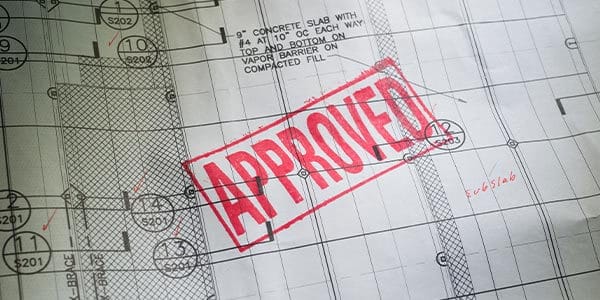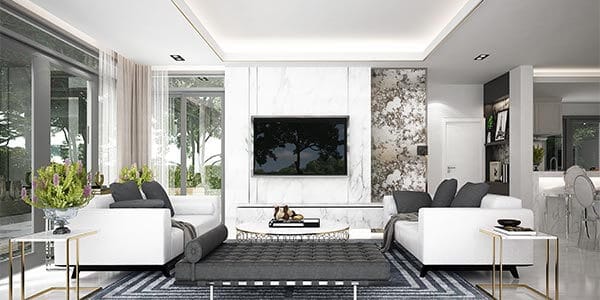5 reasons why your project could be denied planning permission
If you are going to repurpose a piece of land or extend upon the size of your house, you need to understand exactly how you are going to get planning permission to make sure that it is approved. If it is not approved then it can be seen as an unlawful development. If you have already been denied planning permission then you may be trying to figure out why it was not allowed in the first place by your local authority.
Here are the top five reasons why your own project could be denied planning permission before you even get it off the ground.
1. The Lack of Preparation
It takes a lot of time and effort to prepare for a new extension. Not only do you have to get ecological approval, but you will need to fill in plans, surveys and documents, such as design fees, to get full approval from your local council.
If you did not get approval then it may be due to the fact that you did not fill out all of the documentation required for the project. For instance, if there were genuine objections or concerns from your planning office/consultees, then these need to be addressed in your plans. These can be simple mistakes that could be overlooked due to the extent of your planning paperwork.
2. Environmental Issues
If your project uses hazardous materials in its development or has a problematic effect on the environment of your planning area, it is likely that it is going to be rejected. Developments near nature conservation sites, forests and ecological protected areas are going to be seen as controversial.
For instance, if you are going to build on swampland then you may get in trouble because you are impacting the lives of animals that reside in the water and the fauna that grow natively in the area. You may need to move your project to a different area to overcome this.
3. Neighbourhood Privacy
You may find that your plan is ultimately rejected if you intend to create a large building that could potentially overshadow your neighbours’ homes. This may mean that they suffer from a loss of light and a loss of privacy. Make sure that your project does not suffer from overdevelopment or stand out from any other existing properties. You must address the concerns of your neighbours and any others who have some sort of attachment to the land/area.
4. The property is a listed building
If a property is seen as a listed building, it is seen as a building of “special interest.” It could have historical significance or may have specialised architecture that needs to be protected. You need to have consent from the authorities if you wish to extend on this type of building. If you didn’t get this permission, it is likely your plan will be rejected.
5. Your Budget
Another way you could have been rejected for building your project is due to your budget. If you have underestimated how much you are going to spend on the project, you may be told that you don’t have enough money to get this plan off the ground. Make sure to estimate an appropriate amount and be prepared to spend more than you anticipated, just in case there are any extra costs.
If the planning company you choose doesn’t have local knowledge and experience, you could very well be leaving yourself open to all five of the aforementioned reasons. If you’re feeling overwhelmed, you know you can call on the help of Eazyplans. From drawing up designs to applying for planning consent – our team can put in all of this preparatory legwork for your project. Learn more about our London-based business before getting in touch on 0203 621 3938.
How Can We Help You?
It’s easy to learn more about how we can assist you with London building work, preparing design drawings and making planning applications.
I would like detailed professional advice on how to put together a promising plan.
Get a Free ConsultationI know what my plan needs and so I would now like to apply for a quotation.
Get a Free QuoteI would like to speak to Eazyplans on the telephone. Below is the telephone number to call on:
0203 196 5546

